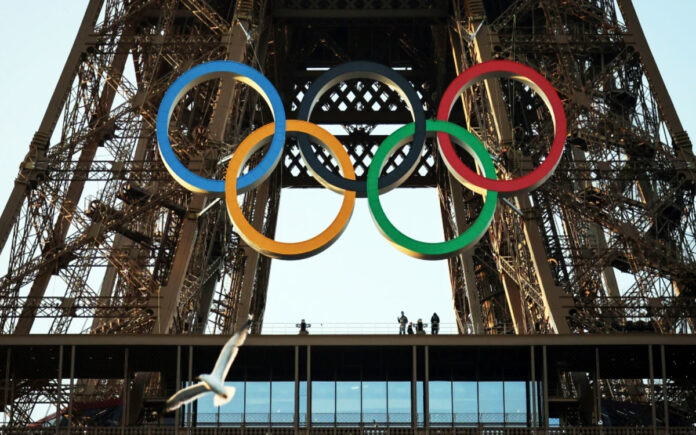Berlin: European Olympic Committees president Spyros Capralos criticized World Athletics’ decision to award prize money to gold medallists at the upcoming Paris Olympics, labeling it as discriminatory and contrary to Olympic values. The move, announced by World Athletics (WA), has stirred debate within the sporting community, with concerns raised over fairness and solidarity.
Under WA’s plan, $50,000 in prize money will be awarded to each of the 48 Olympic champions in Paris, a decision that excludes silver and bronze medallists from monetary rewards. This policy, spearheaded by former Olympic champion and current International Olympic Committee (IOC) member Sebastian Coe, has drawn criticism for its perceived imbalance.
In contrast, the International Boxing Association (IBA) has pledged cash prizes for all medallists at the July 26-August 11 Games, with $100,000 for gold, $50,000 for silver, and $25,000 for bronze. This disparity in reward structures has sparked discontent among various international federations and the IOC, highlighting broader tensions within the Olympic movement.
Also Read | Tesla Enhances In-Car Navigation Experience in China with Lane-Level Guidance
Capralos emphasized the importance of upholding Olympic values, stating, “We believe in the Olympic Games the athletes go there to compete for the values of the Olympic Games and their last preoccupation is to get money and bonuses.” He expressed concerns over the lack of consultation preceding WA and IBA’s decisions, underlining the need for solidarity and inclusivity in Olympic initiatives.
With 10,500 athletes expected to participate across 32 sports in Paris, discussions surrounding prize money allocation have gained momentum. Capralos criticized the unilateral nature of WA and IBA’s actions, stressing the significance of broader dialogue within the sporting community.
Also Read | New Genome Study Reveals Dual Domestication of Horses and Their Impact on Human History
While Capralos hinted at potential discussions during the European athletics championships in Rome, he noted the absence of communication with the IBA regarding the matter. The IBA, currently not organizing the boxing tournament at the Paris Olympics following its IOC suspension, faces calls for reform and restructuring to ensure adherence to Olympic standards.
As debates continue over the equitable distribution of prize money in sports, the IOC’s stance on governance and inclusivity underscores the need for comprehensive reform within international federations. The pursuit of fair play and solidarity remains central to the Olympic ethos, shaping ongoing discussions on athlete compensation and organizational accountability.



